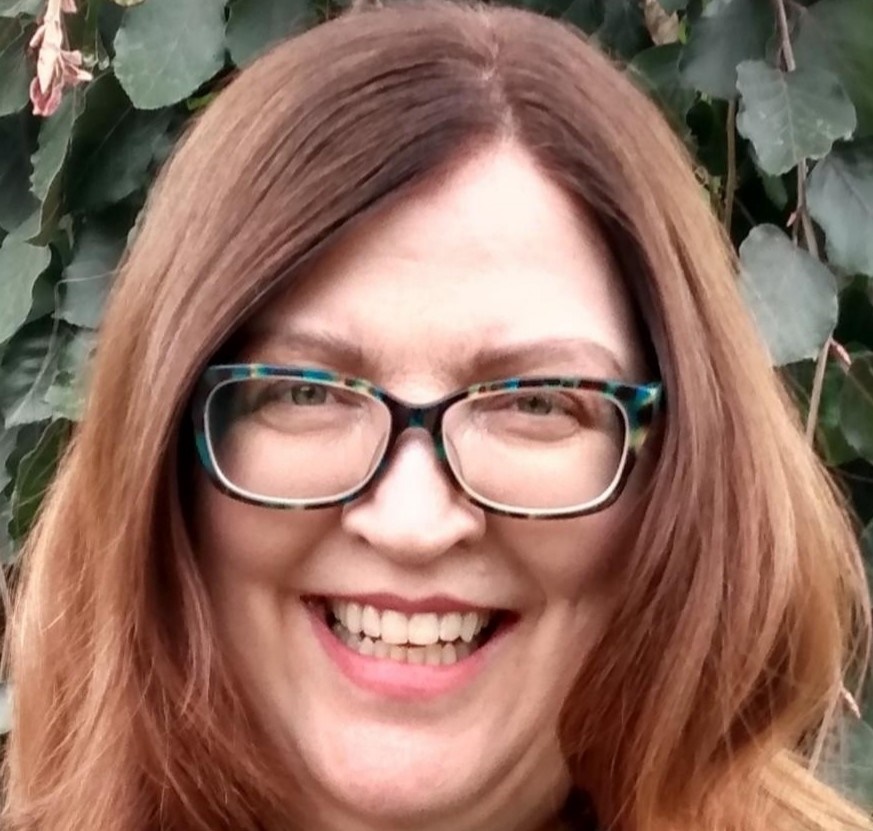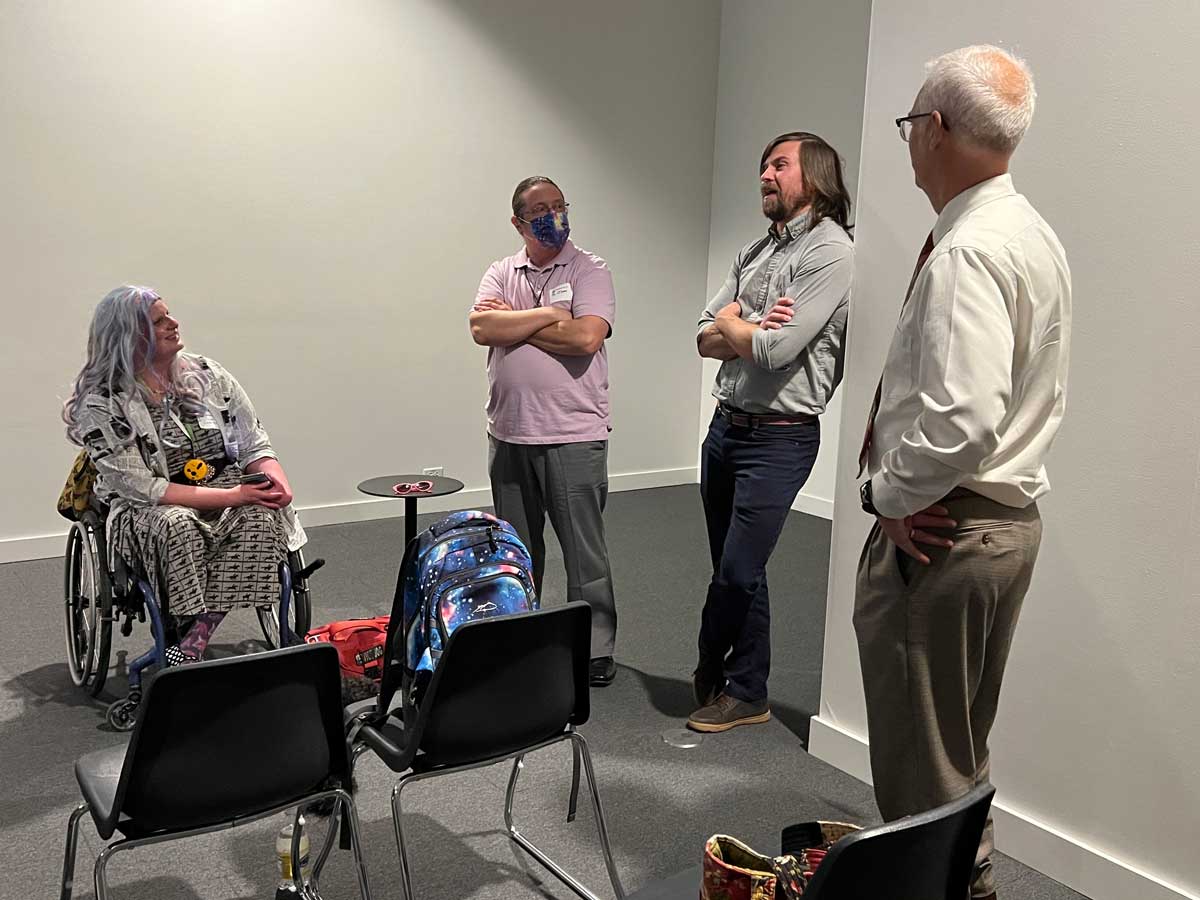Christine Cooper-Rompato Publishes New Book

Professor Christine Cooper-Rompato’s book Spiritual Calculations: Number and Numeracy in Late Medieval English Sermons was recently published by Penn State University Press. This work explores how medieval Christian sermonists used numbers, arithmetic, geometry, and so forth to describe the nature of God. Audiences listening to or reading sermons were encouraged to assign spiritual meaning to numbers and then to incorporate counting and calculation into their spiritual practices. “Medieval lay people learned numeracy skills from sermons,” Christine explains. “Sermons modeled many different kinds of calculation. How do you calculate a tithe if you have fewer than ten of something? How many wounds did Christ receive during the scourging? Why did Christ feed 4,000 or 5,000 with loaves and fishes and not another number? Why was Christ’s side wound 1/28th the length of his body? Medieval sermons posed these questions and many more.” Analyzing both published and previously unpublished sermons and sermon cycles, Christine explores the use of numbers, arithmetic, and other mathematical operations to better understand how medieval lay people used math to connect with God. Christine’s book sheds new light on medieval sermons and shows how audiences engaged with this sophisticated rhetorical form.
When asked about how she became interested in this topic, Christine cites several influences that converged about a decade ago. “I was a literacy tutor in the local community and remember meeting a math teacher who was volunteering as a math tutor. He was the first person who got me thinking about numeracy because he talked about how we ought to be tutoring numeracy as well as literacy, since skills involving measurement, calculation, etc. are so important to people’s daily lives. I started to wonder what numeracy looked like for medieval people who weren’t formally educated, and that led in all sorts of interesting directions, including looking at medieval merchant account records and other primary sources, learning about ethnomathematics, and sitting in on some math classes here on campus.” Christine’s first book, The Gift of Tongues: Women’s Xenoglossia in the Later Middle Ages (Penn State University Press 2010) examined miraculous gifts of language and literacy in Catholic religious literature, and at that point in 2010 she had started work on a second book project on medieval bilingualism, and was also thinking about a project examining gifts of speech in medieval miracle accounts from the point of view of disability studies. However, with the diagnosis of her young daughter Chiara with Angelman Syndrome and the knowledge that Chiara would always be nonverbal, Christine explains that she needed to turn away from studying language acquisition and literacy because those topics had become painful to her. “My project on medieval numeracy therefore grew from a personal as well as scholarly need,” she says, “and I love where it has led me.”
Spiritual Calculations enhances our understanding of medieval sermons and sheds new light on how receptive audiences were to this sophisticated rhetorical form. It will be welcomed by scholars of Middle English literature, medieval sermon studies, religious experience, and the history of mathematics.




